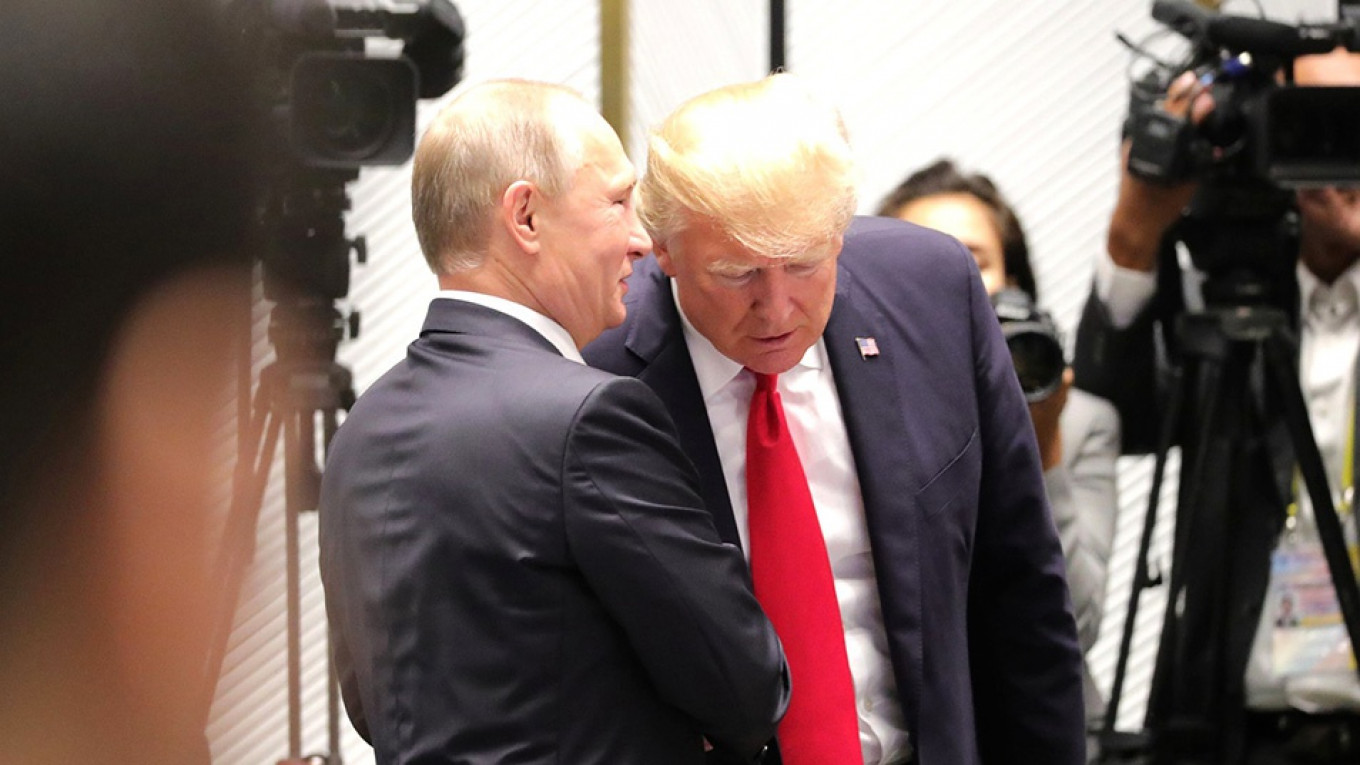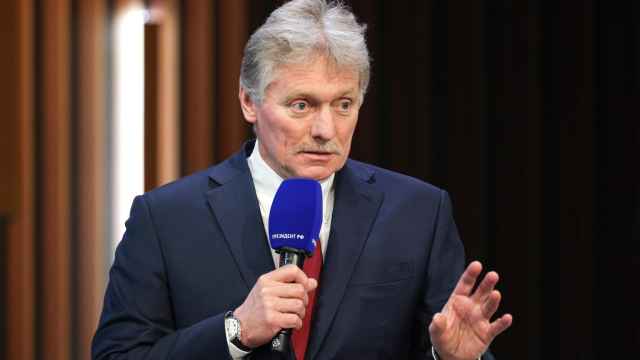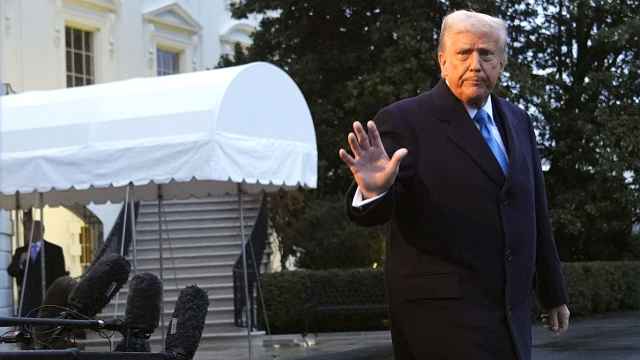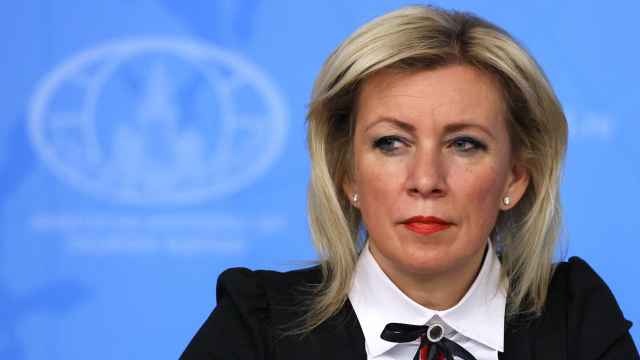Ahead of a highly-anticipated meeting between U.S. President Donald Trump and Russian President Vladimir Putin, pundits in Moscow caution that it is too soon to speak of a turning of the tide in bilateral relations.
After Putin on Wednesday met with U.S. National Security Adviser John Bolton in Moscow, Kremlin foreign policy aide Yury Ushakov said a summit between the two leaders would be “the main international event of the summer.”
“It has enormous importance for Russia and America, but it [also] has huge importance for the whole international situation,” he was cited as saying by the state-run TASS news agency, adding the meeting would likely last “several hours.”
Pundits in Russia, however, have little confidence that a summit will bring meaningful change.
One major reason is domestic U.S. politics, said Alexander Baunov of the Carnegie think tank. “The U.S. is divided,” he told The Moscow Times. “We can’t say that a meeting with Trump, whom half of the United States hates, would bring a normalization of relations.”
More importantly, neither side of the divide is interested in changing their stance on major policy points, including Ukraine, Syria and alleged Russian electoral meddling, said political analyst Mikhail Troitsky. “Relations can’t improve when there is no agreement.”
“The atmosphere is not ripe for a thaw,” agreed Fyodor Lukyanov, a Russian foreign affairs expert. He said the meetings with Bolton and other top U.S. officials were likely the result of Trump and U.S. Ambassador to Russia Jon Huntsman’s personal efforts. But, he added, with relations between the countries already at a low, any dialogue should be considered as progress.
“Results on certain issues aside, just understanding each other is the first step,” he said.
Includes reporting by Anton Muratov.
A Message from The Moscow Times:
Dear readers,
We are facing unprecedented challenges. Russia's Prosecutor General's Office has designated The Moscow Times as an "undesirable" organization, criminalizing our work and putting our staff at risk of prosecution. This follows our earlier unjust labeling as a "foreign agent."
These actions are direct attempts to silence independent journalism in Russia. The authorities claim our work "discredits the decisions of the Russian leadership." We see things differently: we strive to provide accurate, unbiased reporting on Russia.
We, the journalists of The Moscow Times, refuse to be silenced. But to continue our work, we need your help.
Your support, no matter how small, makes a world of difference. If you can, please support us monthly starting from just $2. It's quick to set up, and every contribution makes a significant impact.
By supporting The Moscow Times, you're defending open, independent journalism in the face of repression. Thank you for standing with us.
Remind me later.






